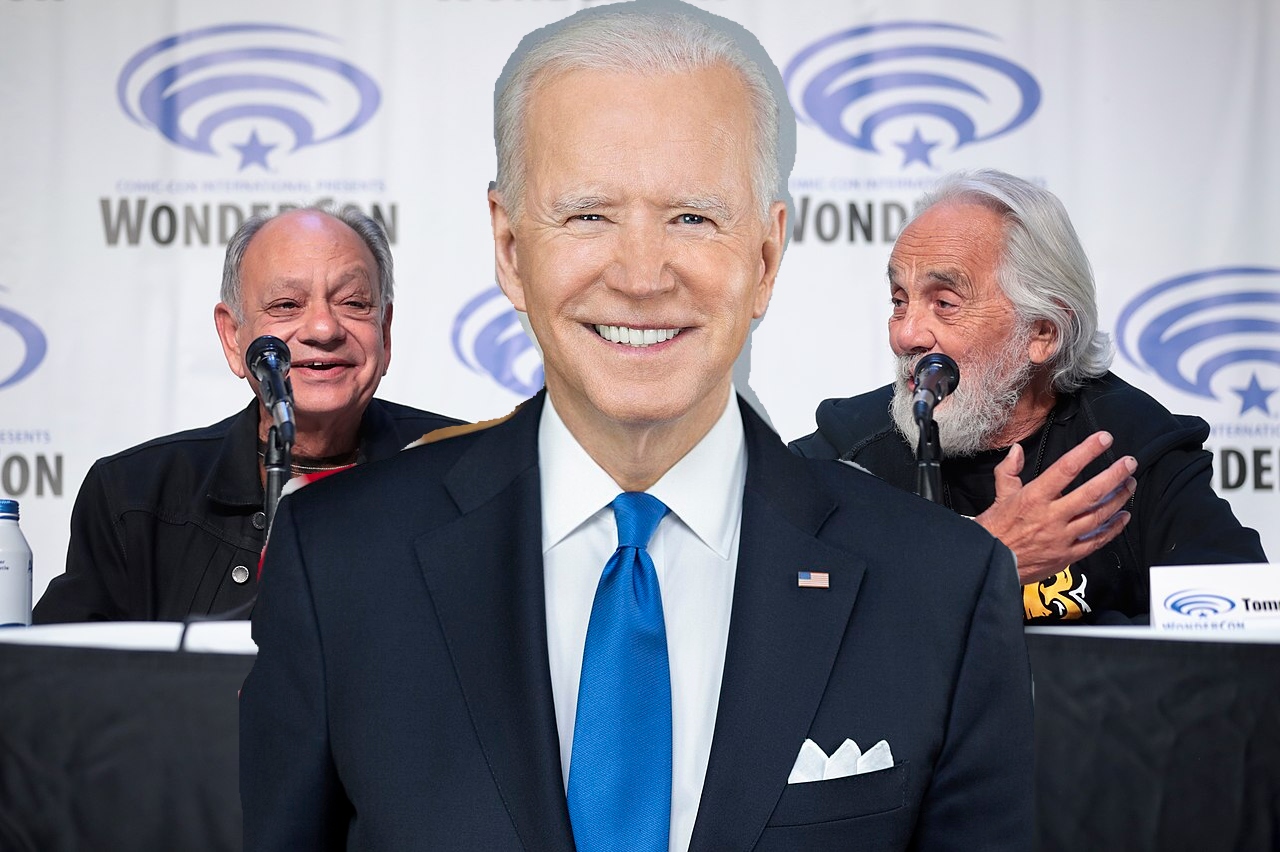
The announcement of the potential reclassification of marijuana by the U.S. Drug Enforcement Administration (DEA) may not effectively address the persisting issues of the black market or the associated violence. Despite the shift in classification, the continued criminalization of marijuana under Schedule IV could perpetuate the very problems proponents seek to mitigate. While acknowledging marijuana’s medical benefits and lower potential for abuse, the proposal fails to confront the root causes of illicit trade and its societal ramifications.
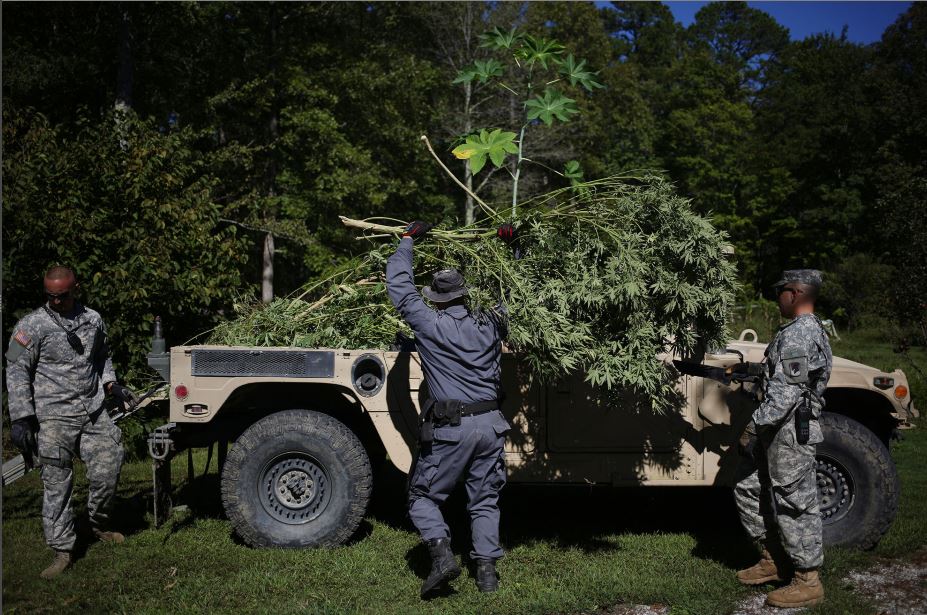
The DEA’s move, although a departure from stringent policies of the past, does not offer a comprehensive solution to the black market economy fueled by marijuana prohibition. Criminal organizations may continue to thrive, exploiting regulatory gaps and capitalizing on the demand for illegal substances. Undermining the efforts of ‘legal’ cannabis businesses that actually pay taxes. This perpetuation of underground markets sustains violence and organized crime, undermining public safety and community well-being.

The retention of Schedule IV classification subjects individuals to potential imprisonment for marijuana-related offenses of up to 5 years for first offenses. These incarcerations are paid for by tax payers. Despite calls for criminal justice reform and the recognition of disproportionate impacts on marginalized communities, the punitive approach to drug enforcement remains unchanged.
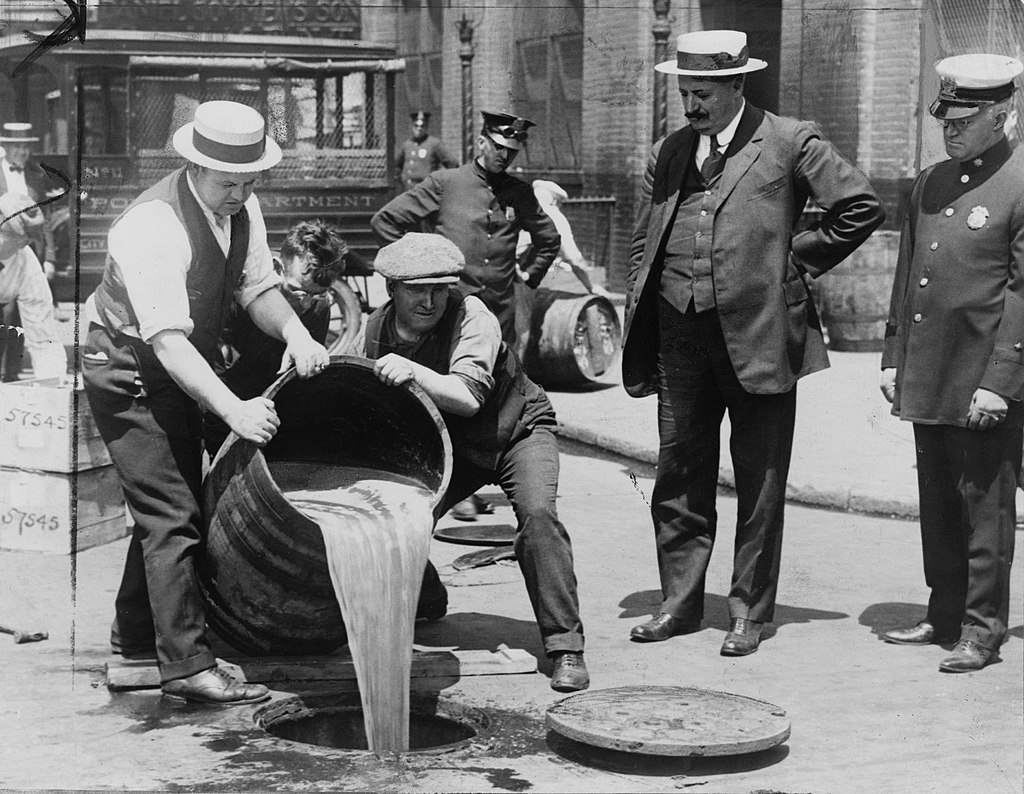
This punitive stance not only perpetuates inequities in the justice system but also fails to address underlying societal issues contributing to drug-related offenses. This same lesson was learned during prohibition and eventually lead to it’s repeal.
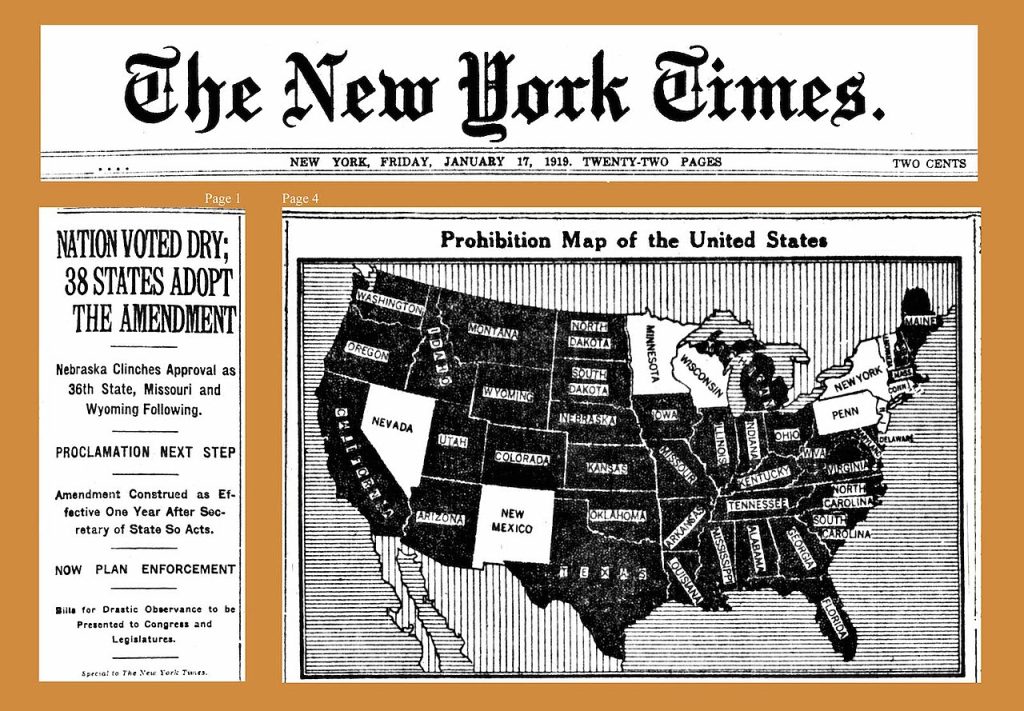
While advocates tout the benefits of reclassification, the reality is that the proposed changes may fall short of addressing systemic challenges. The persistence of the black market and associated violence underscores the limitations of regulatory reform alone.

A holistic approach, encompassing comprehensive drug policy reform and social interventions, is necessary to address the complex dynamics of drug trade and its impact on communities.
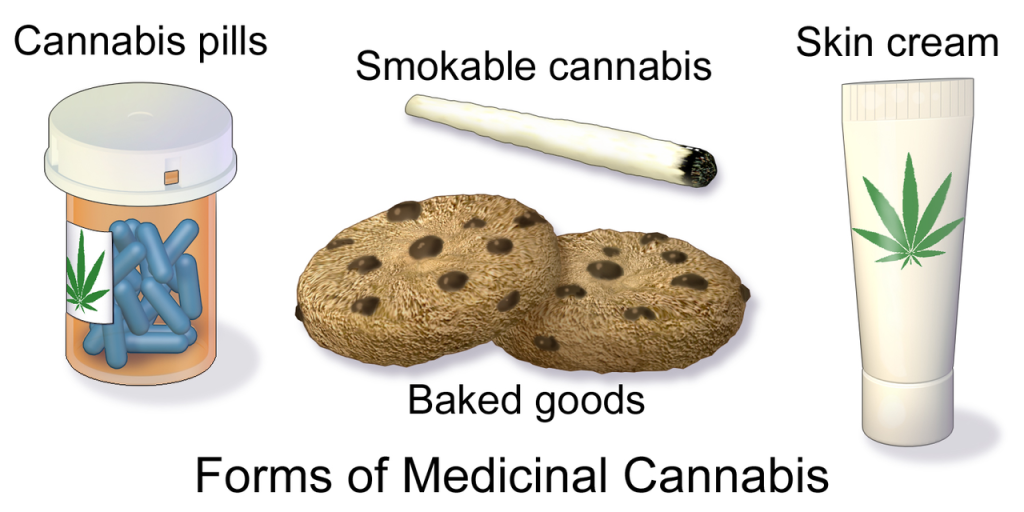
The parallels between the prohibition of alcohol in the early 20th century and the current prohibition of marijuana are striking. Just as with alcohol, attempting to classify and criminalize a widely demanded and easily produced substance like cannabis has historically proven to be futile and a complete waste of tax payer money.
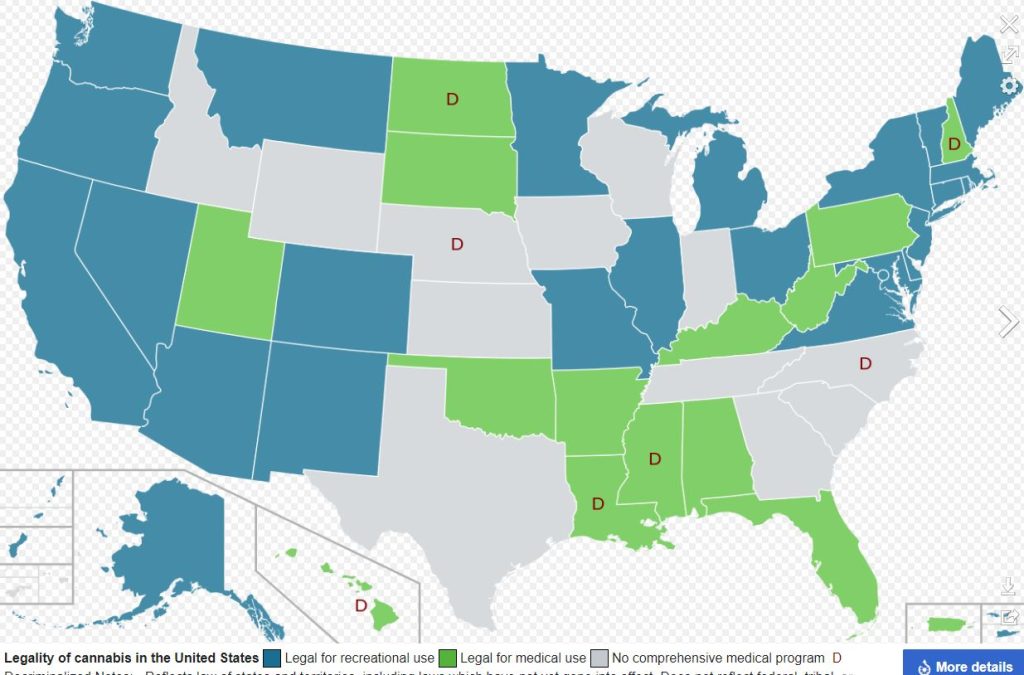
The failure of alcohol prohibition led to its eventual repeal, and similarly, continuing to criminalize marijuana only perpetuates a black market that fuels violence and organized crime. It’s time to learn from history and recognize that prohibition is an unenforceable approach to controlling substances like cannabis. Instead, policymakers should focus on evidence-based strategies that prioritize harm reduction and community well-being. Leaving this up the individual states by declassifying cannabis all together would go a long way to solving the systemic issues that prohibition creates.
Editorial Note From Author: If a law maker decided that dandelions needed to be outlawed and tried to sell the rest of his colleagues on the notion that simply passing a law that outlawed “weeds” would eradicate the problem ‘substance’, his colleagues would label him as high. Yet here we are.

